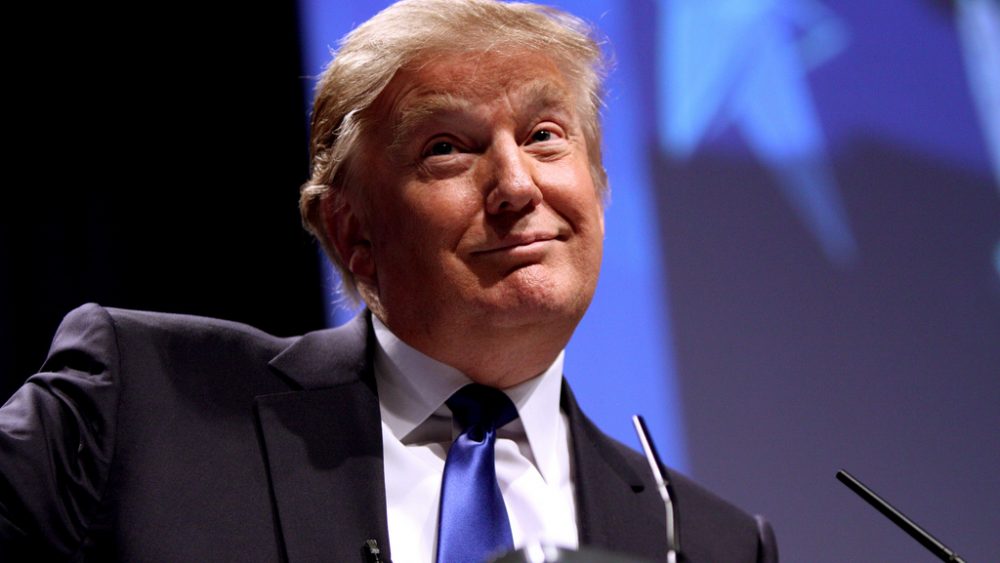The US presidential conventions have come and gone and I am struggling to come to terms with some of the more bizarre implications.
On the final night of the Republican convention, victorious presidential nominee Donald Trump thanked the Christian evangelicals – a powerful voting bloc – for their support. He added, perhaps with a touch of uncharacteristic humility, that he might not deserve it.
Even Trump, the thrice-married reality TV star and casino and real estate mogul, seemed surprised that he had so easily won over the leadership of the religious right. He’s not alone there.
How, I wonder, have they been so easily swayed by someone whose values, lifestyle and candidacy most evangelicals loudly opposed just a year earlier?
The evangelicals’ embrace of Trump caused some other Christian leaders to react with disbelief, astonishment and despair.
I wrote my new book, Faith, to explain to secular Australians that the values that count come from faith in Christ, not from some pragmatic political agenda to gain worldly influence.
It is faith that not only shapes the values that address my personal need for salvation but also the bigger public issues.
That same faith also shapes my political instincts and preferences. But I notice as a Christian that some other Christians have a different take – such as those who have tried to simultaneously play both the Trump card and the God card, and the 78 per cent of American evangelicals who now endorse the Republican nominee.
But the religious right … have gone further with a chest-beating tribalism that embraces sanctimonious nationalism, wants to close borders, is pro-guns, hates Muslims, Mexicans, Obama and Hillary and attacks health care for the poor.
How, I wonder, have they been so easily swayed by someone whose values, lifestyle and candidacy most evangelicals loudly opposed just a year earlier?
Once, the evangelicals politically opposed Communism and advanced the idea of a strong America and freedom of religion so the gospel could be preached around the world. That motivation could have been applauded if it meant freedom for all to practice faith.
But the religious right – attempting to morph their political goals into Christian ‘principles’ – have gone further with a chest-beating tribalism that embraces sanctimonious nationalism, wants to close borders, is pro-guns, hates Muslims, Mexicans, Obama and Hillary and attacks health care for the poor.
Where is the scriptural mandate for this political programme?
And why do I think a Jewish atheist, Bernie Sanders, was closer to scriptural truth in his Democratic convention address with his passion for America’s poor than my evangelical brothers and sisters supporting Trump?
Have I got this faith wrong?
Have I misread the question posed in the Book of James: “Can both fresh water and salt water flow from the same spring?”
No wonder secular observers are confused.

